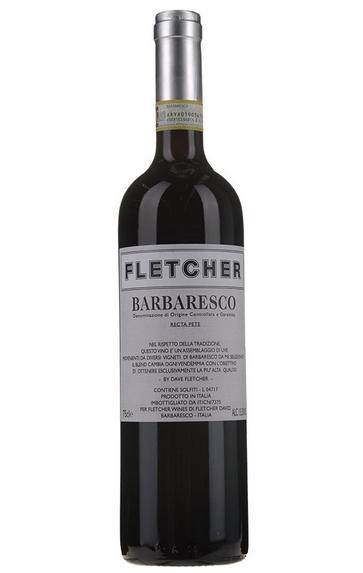
2020 Barbaresco, Recta Pete, Fletcher, Piedmont, Italy
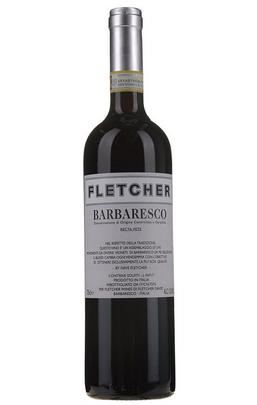
Critics reviews
The 2020 Barbaresco Recta Pete is a classy, elegant wine. Rich and expansive on the palate, with gorgeous resonance, the 2020 is quite approachable even in the early going. Succulent dark cherry fruit, spice, leather, tobacco and incense fill out the layers nicely, leading to a creamy, resonant finish that wraps it all together. There's real density and substance here.
These are the best Barbarescos I have tasted from Dave Fletcher. It is not easy for an outsider to establish themselves in Piedmont, which makes these wines doubly impressive.
Drink 2024 - 2032
Antonio Galloni, Vinous.com (October 2023)
50% Roncaglie (Barbaresco), 35% Starderi (Neive), 15% Ronchi (Barbaresco).
Youthful, just mid-ruby. Lifted, sweetly spiced raspberry fruit and an elegant, complex, dry oak note. Embryonic and compact and with succulent acidity. Firm, chewy tannins and with fantastic length. Already delicious.
Drink 2023 - 2030
Walter Speller, JancisRobinson.com (July 2023)
About this WINE
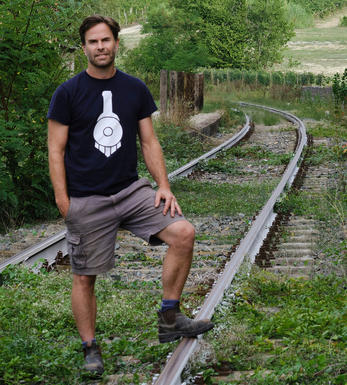
Fletcher Wines
An Australian winemaker living in Piedmont? Dave Fletcher has been entranced by Nebbiolo since he first tasted Barolo in Australia in 2004. He landed a stage at Ceretto in 2007, joining as their winemaker in 2012. He guided them towards a less oak-dependent style, in favour of finesse and subtlety. He started to make wines under his own label in Barbaresco from the ’09 vintage. In 2014, he and his wife Eleanor bought the old Barbaresco stationmaster’s house in an auction, consequently laying roots in the region.
Situated at the foot of the Martinenga vineyard, close to the great Asili site, the rather dilapidated building came with barrel-vaulted brick cellars under the house. Its restoration continues but its facilities have proved ideal for Dave and the scale of his operation.
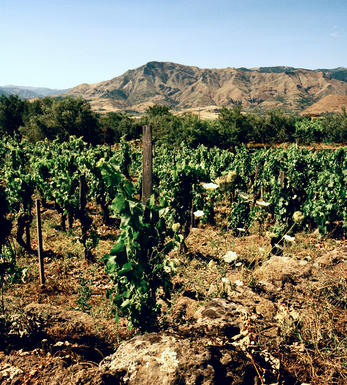
Barbaresco
The Piedmontese DOCG zone of Barbaresco is responsible for producing some of Italy’s finest wines. It occupies the same region and uses the same grape (Nebbiolo) as its bigger brother Barolo, but is a third of the size (only 640 hectares versus Barolo’s 1,700 hectares). It is also 50 years younger than Barolo, having produced wine labelled Barbaresco since 1890.
Barbaresco earned its DOCG after Barolo in 1980, largely thanks to the efforts of Angelo Gaja. The soils are lighter here than in Barolo – both in colour and weight – and more calcareous. The slopes are also less favourably situated and (relatively speaking) yield earlier-maturing yet extremely elegant wines that require less oak ageing (normally one year in oak plus six months in bottle). The appellation’s key districts are Barbaresco, Treiso, Neive and Alba.
Recommended producers: Cigliuti, Gaja, Marchesi di Gresy
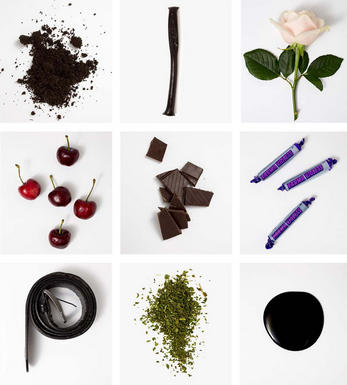
Nebbiolo
Nebbiolo is the grape behind the Barolo and Barbaresco wines and is hardly ever seen outside the confines of Piedmont. It takes its name from "nebbia" which is Italian for fog, a frequent phenomenon in the region.
A notoriously pernickety grape, it requires sheltered south-facing sites and performs best on the well-drained calcareous marls to the north and south of Alba in the DOCG zones of Barbaresco and Barolo.
Langhe Nebbiolo is effectively the ‘second wine’ of Piedmont’s great Barolo & Barbarescos. This DOC is the only way Langhe producers can declassify their Barolo or Barbaresco fruit or wines to make an early-drinking style. Unlike Nebbiolo d’Alba, Langhe Nebbiolo can be cut with 15% other red indigenous varieties, such as Barbera or Dolcetto.
Nebbiolo flowers early and ripens late, so a long hang time, producing high levels of sugar, acidity and tannins; the challenge being to harvest the fruit with these three elements ripe and in balance. The best Barolos and Barbarescos are perfumed with aromas of tar, rose, mint, chocolate, liquorice and truffles. They age brilliantly and the very best need ten years to show at their best.


Buying options
Add to wishlist
Description
The 2020 Barbaresco Recta Pete is a classy, elegant wine. Rich and expansive on the palate, with gorgeous resonance, the 2020 is quite approachable even in the early going. Succulent dark cherry fruit, spice, leather, tobacco and incense fill out the layers nicely, leading to a creamy, resonant finish that wraps it all together. There's real density and substance here.
These are the best Barbarescos I have tasted from Dave Fletcher. It is not easy for an outsider to establish themselves in Piedmont, which makes these wines doubly impressive.
Drink 2024 - 2032
Antonio Galloni, Vinous.com (October 2023)
wine at a glance
Delivery and quality guarantee